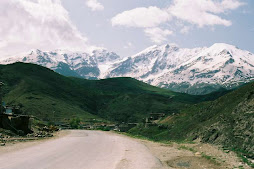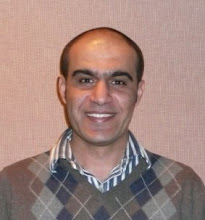Some of the rich countries of the world announced today, September 18, 2009 their willingness to donate vaccine supplies for H1N1 virus to the developing world. While this announcement deserve applaud and brings to the attention the seriousness of the pandemic as a public health emergency of international concern, it also calls for a closer look at the developing-developed countries relationships when it comes to public health.
It is well known that health is an important component of the security and stability of any state. Without a special attention to the health and wellbeing of individuals and populations, political and economic efforts to establish stable democracy can prove fruitless and futile. This should be a lesson learned from the military involvement of the United States with Iraq. The US helped establish a democracy in the heart of the middle east, but it failed for understandable reason to establish the infrastructure necessary for an enduring and responsive health care system. That would come to no surprise given the difficult struggle the US is engaged in to reform its own health care system.
If it is true that helping to achieve stability at the expense of democracy is futile in politics, it is also so in the health care sector. It is useless to through money at the health problems of the east without engaging in a deliberate and long term effort to reform the health care system so that it would be more responsive to the health needs of our populations and individuals.
It goes without a question that it is of utmost importance to help us combat swine flu at this critical moment. However, what after this epidemic passes. Does the developed world has the capacity and the political will to help us with every single danger we may face, even if that danger would have international ramifications? Isn't it more wise and sustainable to help our countries and nations building an infrastructure that would be flexible and responsive to a wide range of public health emergencies?
Its time for the developed world to rise to the expectations set forth for it in the millennium developing goals. It is also time for the developing countries to wisely use the help we get from the former. We need to know our priorities, which include but not limited to having a robust surveillance system that allows sound policy making, build a solid infrastructure that help prevent disease rather than consume precious resources in treating them, and engage in a genuine and open national debate on health care reforms in our countries
.
Friday, September 18, 2009
Subscribe to:
Post Comments (Atom)












No comments:
Post a Comment